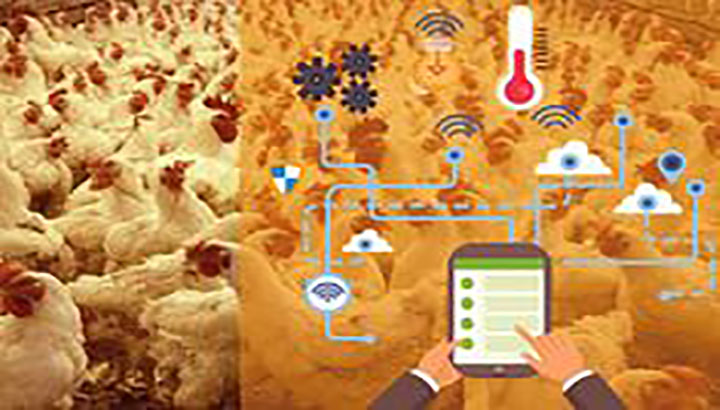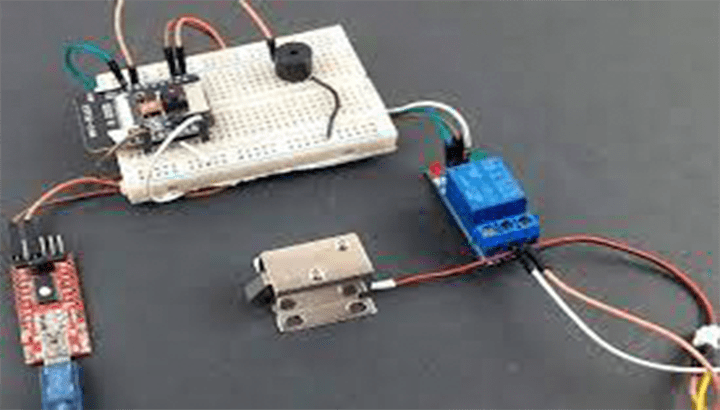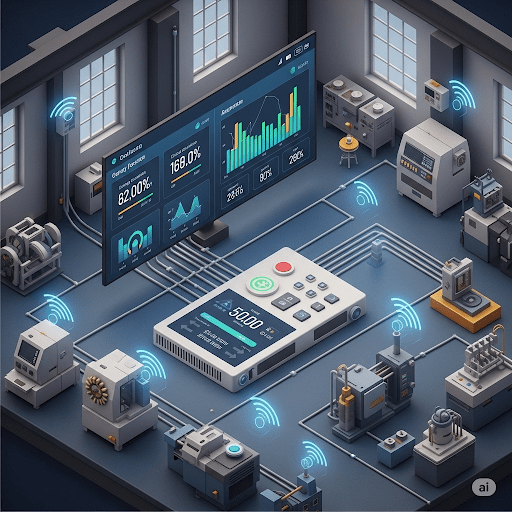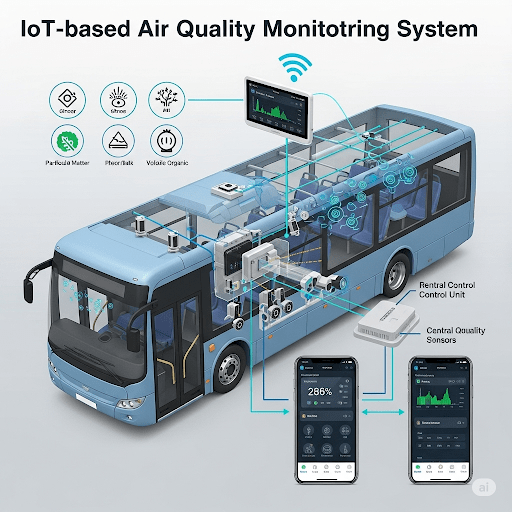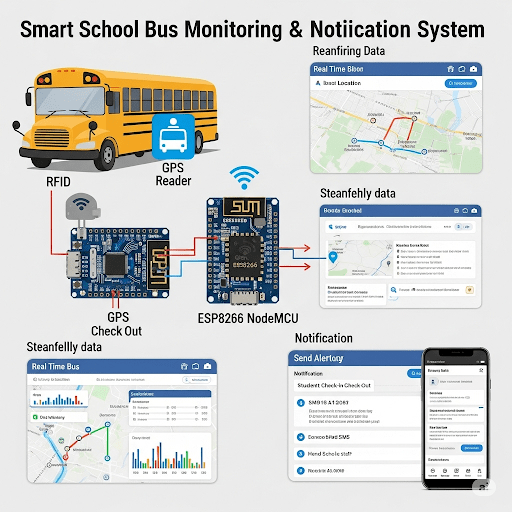Conveyor Belt Control System with ESP8266 and Servo Motor for Item Sorting
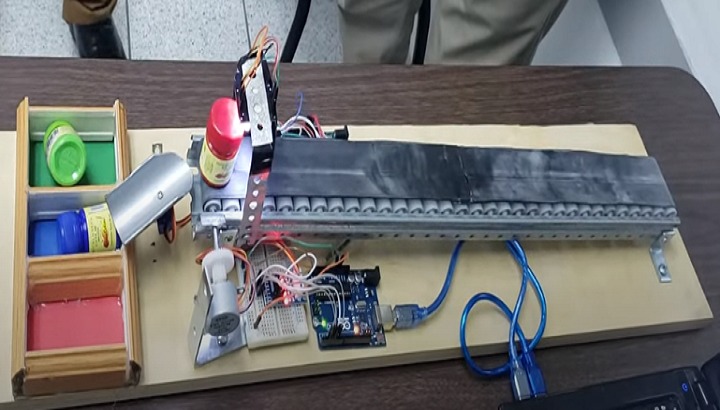
The primary objective is to enhance operational efficiency, reduce manual intervention, and enable seamless integration with IoT-based systems. The system employs an ESP8266 microcontroller to manage the conveyor belt's movement, speed, and direction. Sensors are integrated to detect the presence and type of objects on the belt, measuring their speed and ensuring proper alignment. A servo motor is used to sort items into different bins based on predefined criteria, such as size, color, or type.
The sorting process can be demonstrated effectively by separating objects of different colors using a color sensor. For instance, the system can separate red and blue objects into two different bins. The color sensor detects the color of each item as it moves along the conveyor belt, and the servo motor then directs the item to the appropriate bin.
Collected data is transmitted wirelessly to a cloud server, allowing for real-time analysis and control. A mobile application or web interface enables users to start, stop, and control the conveyor belt remotely, displaying real-time data on the belt's status, such as speed, item count, and sorting performance. Alerts and notifications can be configured to inform users of any issues or required maintenance, ensuring timely intervention and minimizing downtime.
The ESP8266-based conveyor belt control and sorting system offers a cost-effective and scalable solution for industrial automation. It improves operational efficiency, enhances safety, and provides valuable data insights for optimizing conveyor belt performance. This project demonstrates the potential of IoT technologies in transforming traditional manufacturing and material handling processes.
Related project idea for free
Smart Chicken farming IOT Project for farmers
Chicken farming is the most popular farming activity in Rwanda nowadays. As chicken farming is growing, the farmers need to know how they can manage their farming to be more productive; in that case, chicken farmers need to know the condition in which their chickens are growing so that they can i...
Read more>>AUTOMATIC DOOR UNLOCKING SYSTEM USING FACE RECOGNITION - esp32-cam Project IOT
This report describes the design and implementation of automatic door unlocking system using face recognition for the purpose of increasing security and safety. Today we are facing security issues in every aspect. Instead of monitoring that through password or pins unique faces can be made use of as...
Read more>>Smart energy monitoring and control system for traditional factories
Due to the constant use of various electric and electronic loads in homes and businesses, there is a rising demand for electric energy. With the requirement for an immediate rise in electric energy, especially in traditional factories, coupled with its monitoring parameters and control systems, t...
Read more>>IoT-based Air Quality Monitoring System in Public Transport
Public transportation is primarily used by the vast majority of people in low- and middle-income countries for daily activities. Public buses, for instance, are the primary mode of transportation in Kigali (Rwanda), as they are more cost-effective than alternative options including private cars,...
Read more>>Smart school bus monitoring and notification system using RFID, GPS and ESP8266 NodeMCU
While employing technology in the classroom and school administration is the idea behind smart education, there are other aspects of education that also need to be automated. One such aspect is comforting parents while sending their children to school. One major issue in the City of Kigali is the...
Read more>>
